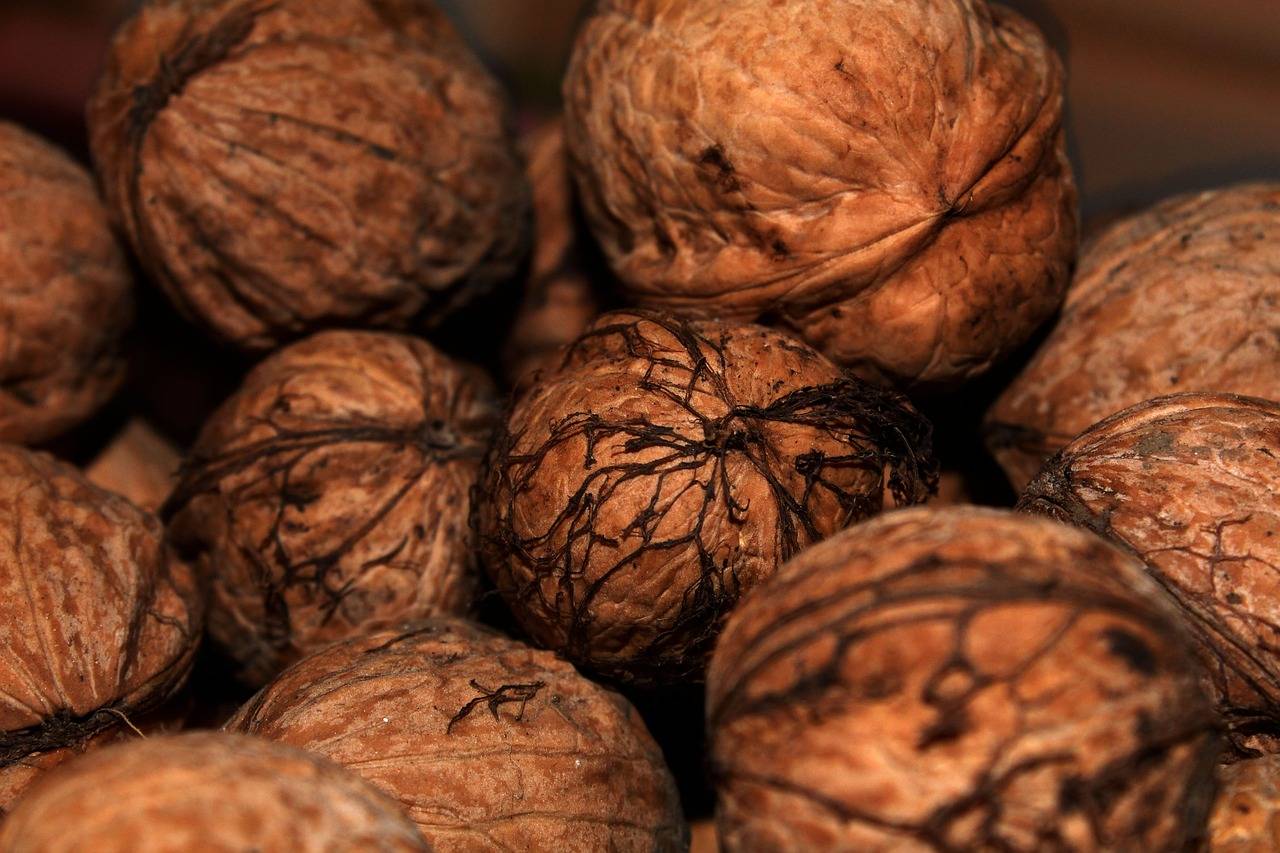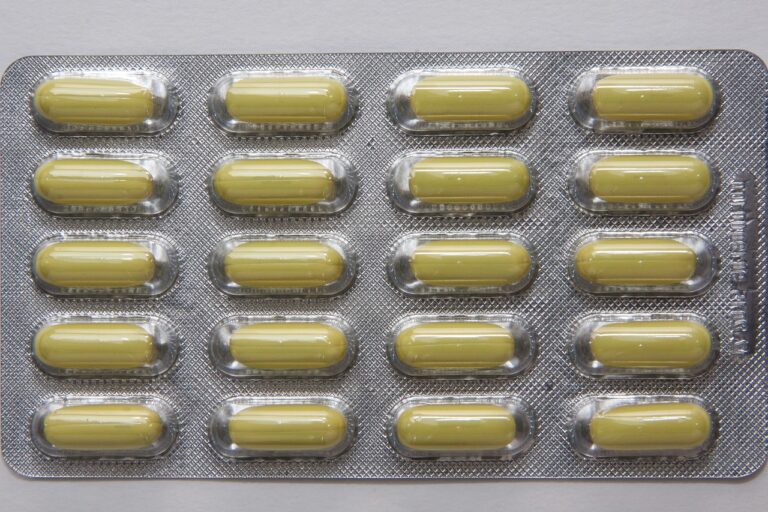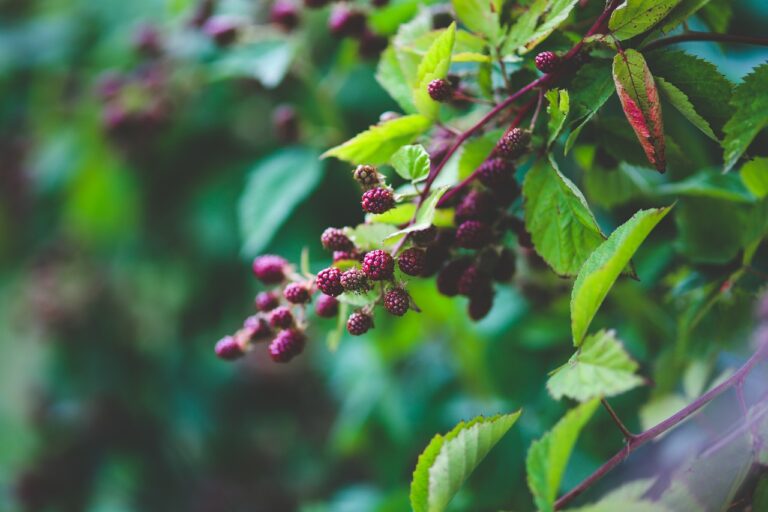The Role of Nutrition in Managing Hypertension
High sodium intake is often linked to an increased risk of high blood pressure, a condition that can lead to serious health problems if left unmanaged. When we consume excessive amounts of sodium, our bodies retain more water to help dilute the sodium concentration in the blood, which can raise blood pressure levels over time.
The American Heart Association recommends limiting sodium intake to less than 2,300 milligrams per day, with an ideal target of 1,500 milligrams for most adults. By being mindful of the sodium content in processed foods and opting for fresh, whole foods instead, individuals can take proactive steps to help maintain healthy blood pressure levels and support overall cardiovascular health.
Understanding the Importance of Potassium-Rich Foods
Potassium-rich foods play a vital role in maintaining overall health and well-being. This essential mineral is crucial for proper muscle function, nerve signaling, and fluid balance within the body. Incorporating potassium-rich foods into your diet can help regulate blood pressure levels and reduce the risk of cardiovascular diseases.
Fruits like bananas, oranges, and avocados, as well as vegetables such as sweet potatoes, spinach, and tomatoes, are excellent sources of potassium. By including these foods in your daily meals, you can ensure that your body receives an adequate amount of potassium to support its various functions. Additionally, consuming a balanced diet rich in potassium can help prevent deficiencies and promote optimal health.
Why is potassium important for our health?
Potassium plays a crucial role in maintaining normal body functions, such as muscle contractions, nerve signaling, and fluid balance. It also helps regulate blood pressure and reduce the risk of stroke.
How does a high sodium intake affect blood pressure?
Consuming too much sodium can lead to high blood pressure, which is a major risk factor for heart disease and stroke. It can also contribute to fluid retention and increase the workload on the heart.
What are some potassium-rich foods that we should include in our diet?
Some examples of potassium-rich foods include bananas, oranges, spinach, sweet potatoes, and avocados. It is important to incorporate a variety of these foods into your diet to ensure you are getting an adequate amount of potassium.
How much potassium should we be consuming on a daily basis?
The recommended daily intake of potassium for adults is around 4,700 milligrams. However, individual needs may vary depending on factors such as age, gender, and activity level.
Can potassium supplements be an alternative to potassium-rich foods?
While potassium supplements can be an option for those who have difficulty meeting their potassium needs through diet alone, it is generally recommended to obtain nutrients from whole foods as much as possible for optimal health benefits. Always consult with a healthcare provider before starting any new supplement regimen.





